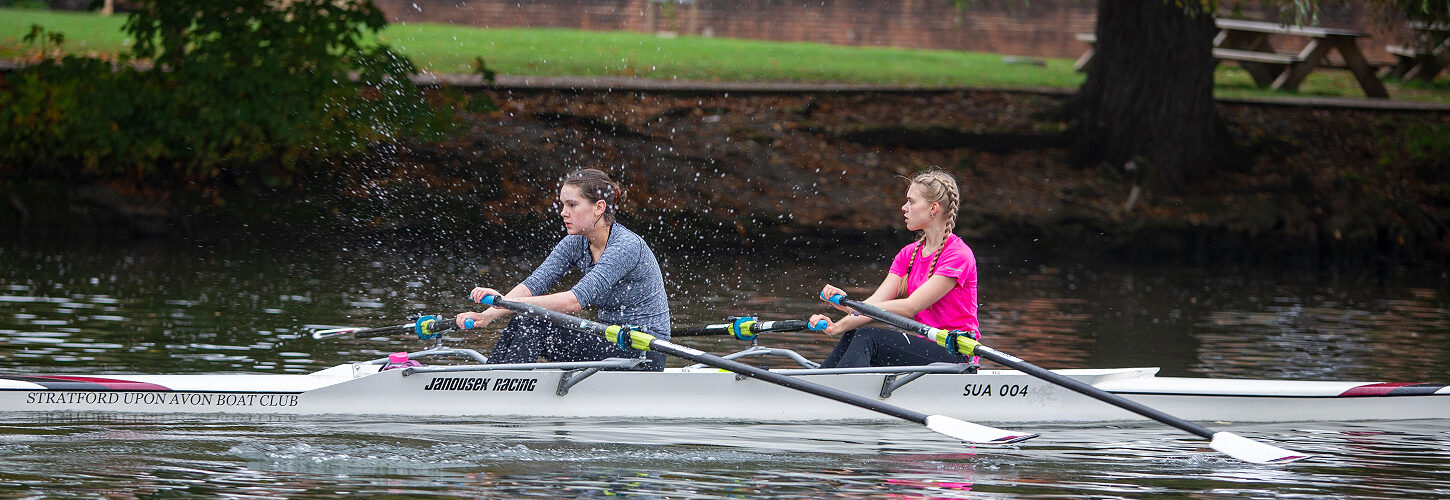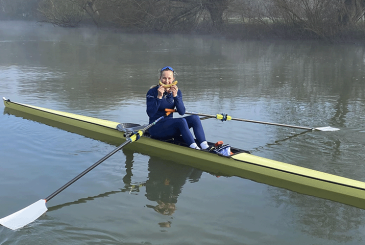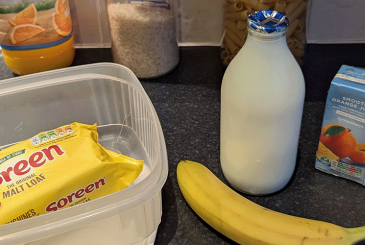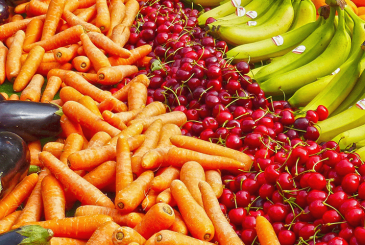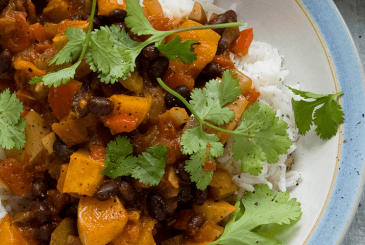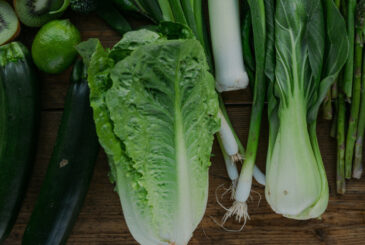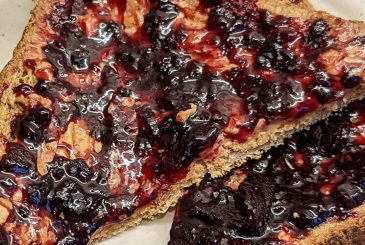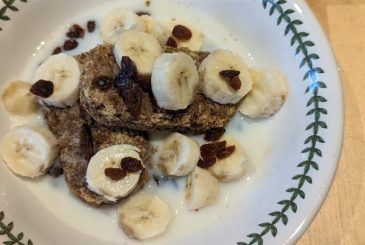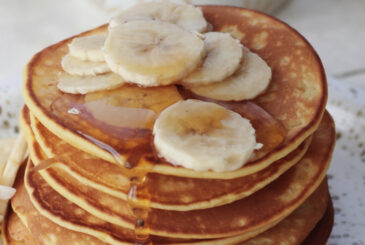Hatty Bates, Performance Nutritionist for British Rowing, shares advice on nutritional strategies to help you maximise your training
Introduction
Turning up to training well-fuelled and ready-and-raring to go is essential for a successful training session. What you eat in the hours leading up to training can positively impact the quality of your training session, energy levels and ability to concentrate and may help prevent illness and injury.
Read on to find out about the importance of fuelling as well as providing some tips about suitable things to eat before training.
Carbohydrates
Carbohydrate is an important energy source for rowers and daily requirements need to reflect training load. In practice, this means that carbohydrate intake should be higher on days where you have longer or more intense training sessions, compared to a rest day or a day when you only complete a short or less intense session.
Carbohydrate is stored in the muscles and liver as glycogen; these can be considered as the battery stores in your body. Throughout a training session, these battery stores start to deplete. Therefore, if you do not fuel sufficiently prior to training, you run the risk of depleting your energy stores too early which could result in fatigue, lack of concentration and a reduction in power and speed.
Lower glycaemic index carbohydrates provide energy over a longer period of time
When should the fuelling process start and how much should I eat?
The three to four hours leading up to a training session are a prime opportunity to fuel appropriately. In general, rowers should look to consume between 1-2g of carbohydrate per kilogram of body mass (i.e., 1-2g/kg) within this time frame. For example, this would equate to 70-140g of carbohydrate for a 70kg athlete. Some rowers may wish to consume this a part of a pre-training meal alone whereas others may wish to have a pre-training snack as well.
Pre-training meals
Not all carbohydrates are the same. Pre-training meals should comprise lower glycaemic index (GI) carbohydrates. The glycaemic index is a measure of how quickly the body digests an item of food and therefore the effect this has on blood glucose levels.
Lower glycaemic index carbohydrates provide energy over a longer period of time, resulting in a steady increase in blood glucose levels and therefore are best suited to pre-training meals. They can be found in foods such as pasta (cooked al dente), sweet potato and porridge oats. As a rule of thumb, prior to a long or high-intensity training session, at least 50% of your plate should be made up of carbohydrate.
Pre-exercise meals containing 70g carbohydrates
| Meal | Portion size |
| Porridge topped with slice banana | 70g oats with 200ml of milk & 1 small banana |
| Pasta with tuna and sweetcorn | 90g pasta, 1 tin of tuna, 3 heaped tbsp. sweetcorn & 1 tsp. light mayonnaise |
| Chicken pittas | 1 chicken breast, 2 wholemeal pittas, 2 handfuls of salad leaves |
| Tofu stir-fry | 70g basmati rice, ¼ block of tofu, 1tbsp. honey, 1 tbsp. soy sauce, 2 large handful of vegetables |
| Sweet potato and bean salad | ~200g sweet potato, 100g beans, salad leaves, cucumber, tomatoes |
Trial different pre-training meals or snacks and experiment with when you eat these
Pre-training snacks
Some rowers may also choose to have a carbohydrate-based snack prior to training. Pre-training snacks should comprise of higher GI carbohydrates which causes blood glucose levels to elevate more rapidly and therefore provide a quick source of energy.
Having a pre-training snack may be particularly beneficial if you have a short amount of time between finishing school or work and training, if you could only have a small pre-training meal or if there has not been enough time to eat throughout the day prior to training.
Pre-exercise snacks containing 30g carbohydrates
| Snack | Portion size |
| Banana | 1 large ripe banana |
| Peanut butter and jam on toast | 1 slice of wholemeal toast, 1 tsp. peanut butter & 1tsp. jam |
| Granola | 60g granola, 200ml milk |
| Scotch pancakes | 2 Scotch pancakes |
Having a pre-training snack may be particularly beneficial if you have a short amount of time between finishing school or work and training, if you could only have a small pre-training meal or if there has not been enough time to eat throughout the day prior to training.
Take time to learn what works best for you
It is important to remember that there is no “one size fits all” approach when it comes to optimal fuelling prior to training. Take time to learn what works best for you; trial different pre-training meals or snacks and experiment with when you are eat these. Once you feel happy with your fuelling strategies, this can then start to form part of your pre-race nutrition regime.
Summary
What you eat prior to training can have a significant impact on your performance. Carbohydrate is an important energy source and should be the predominant macronutrient of your pre-training meal and snack.
In general, aim for 1-2g/kg of carbohydrate in the three to four hours leading up to training. Experiment with different pre-training meals and snacks to help you develop a fuelling strategy which leaves you feeling and performing at your best.
Photo: Drew Smith


